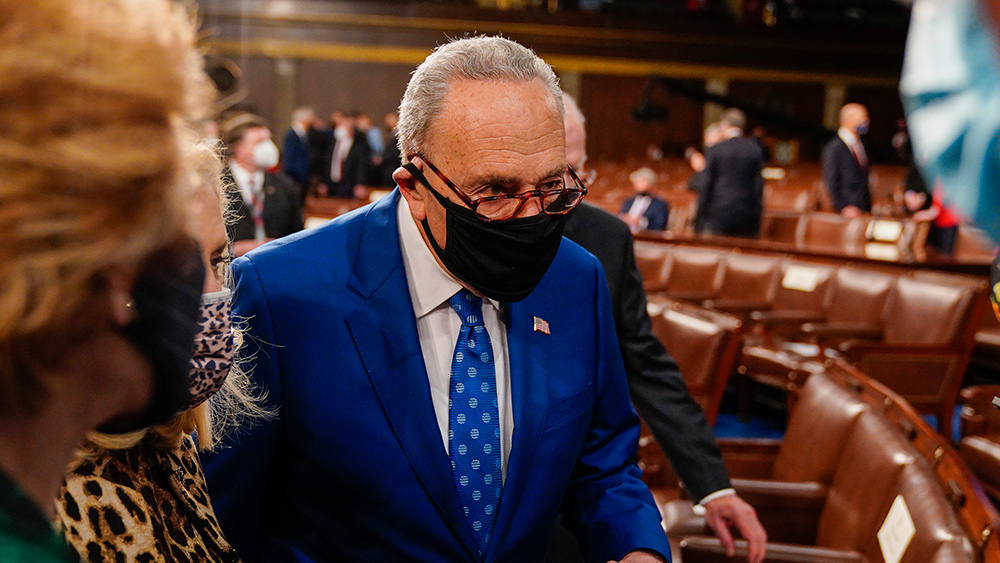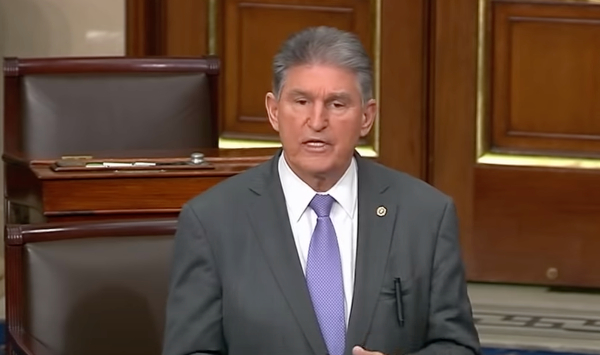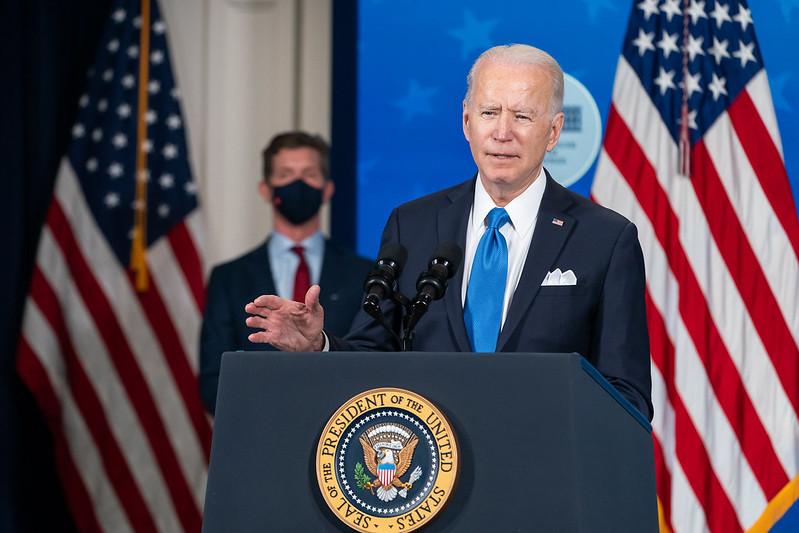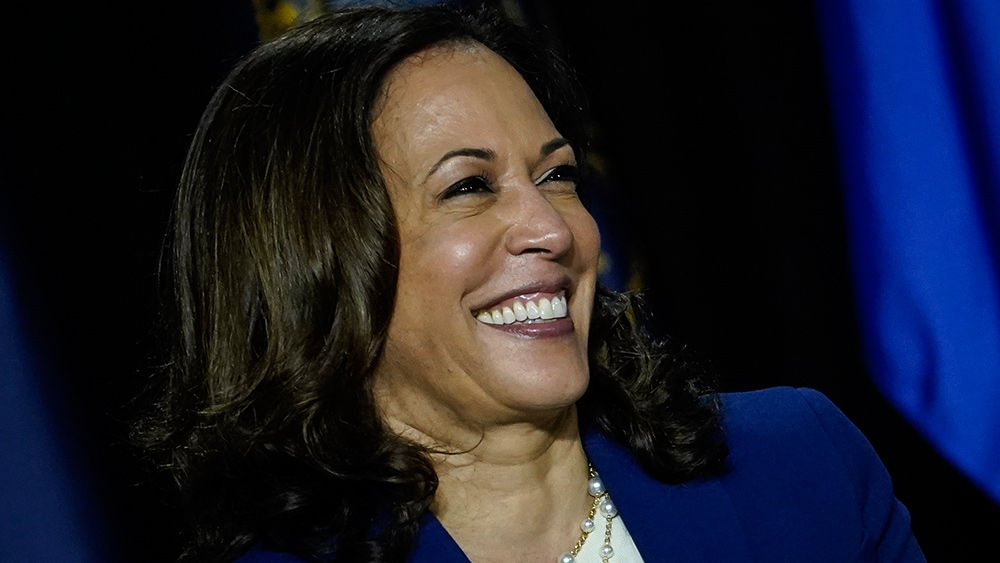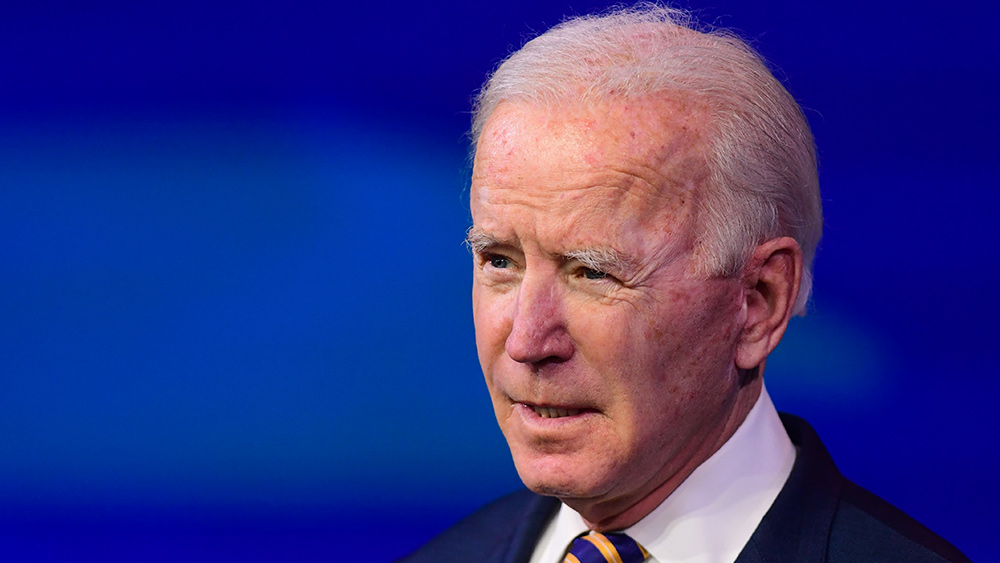Biden AG pick says Antifa, BLM attacks in Portland not domestic terrorism because they occurred after business hours
03/14/2021 / By Arsenio Toledo
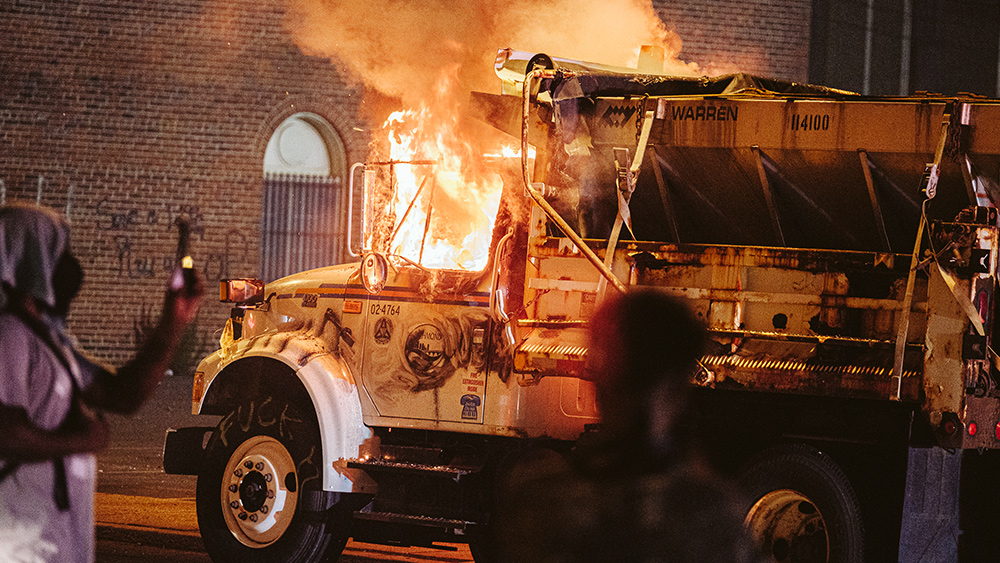
President Joe Biden’s nominee for attorney general told the Senate Judiciary Committee that the Antifa and Black Lives Matter attacks against federal buildings in Portland, Oregon were not acts of domestic terrorism because they did not occur during business hours.
Judge Merrick Garland is Biden’s pick to become attorney general and lead the Department of Justice. He came to prominence as a Supreme Court nominee of former President Barack Obama.
During Garland’s confirmation hearing for attorney general in front of the Senate Judiciary Committee, Republican Sen. Josh Hawley of Missouri asked to hear his thoughts regarding domestic terrorism.
“Let me ask you about assaults on federal property in places other than Washington, D.C. – Portland, for instance, Seattle,” said Hawley. “Do you regard assaults on federal courthouses or other federal property as acts of domestic extremism? Domestic terrorism?” (Related: New double standard: It’s not “domestic terrorism” when Antifa attacks federal buildings.)
Garland said that what separated the Antifa and Black Lives Matter-led attacks from the attack on the Capitol was the time when the incident occurred, and the number of people that could potentially have been affected by them.
“Senator, my own definition, which is about the same as the statutory definition, is the use of violence or threats of violence in an attempt to disrupt the democratic processes. So, an attack on a courthouse, while in operation, trying to prevent judges from actually deciding cases, that plainly is domestic extremism, domestic terrorism,” answered Garland.
“An attack simply on a government property at night, or any other kind of circumstances, is a clear crime and a serious one, and should be punished,” the potential attorney general added. ” I don’t know enough about the facts of the example you’re talking about. But that’s where I draw the line. One is – both are criminal, but one is a core attack on our democratic institutions.”
In this instance, Garland is attempting to cite the domestic terrorism statute, which defines the term as:
“[activities that] (A) involve acts dangerous to human life that are a violation of the criminal laws of the United States or of any State; (B) appear to be intended – (i) to intimidate or coerce a civilian population; (ii) to influence the policy of a government by intimidation or coercion; or (iii) to affect the conduct of a government by mass destruction, assassination, or kidnapping; and (C) occur primarily outside the territorial jurisdiction of the United States…
Because the Antifa attacks against federal property in Portland occurred outside of business hours, they supposedly were not intended “to intimidate or coerce a civilian population,” presumably because there was no civilian population present in the area.
But the actual series of events Hawley is referencing did involve civilians. The specific attack the senator mentioned was the July 4 siege on the Mark O. Hatfield federal courthouse in downtown Portland.
At around 4 a.m. on the fourth of July, the left-wing mob started attacking the federal building and the law enforcement officers guarding it by throwing large rocks. This was followed by a barrage of commercial-grade fireworks aimed at the building.
Portland Mayor Ted Wheeler mentioned that, despite the attack occurring outside of normal business hours, many of the courthouse’s employees, as well as inmates housed in the building, were endangered by the riot.
“These attacks undermine public safety in our community,” said Wheeler, “and they harm the very people and businesses we need to be lifting up.”
Garland claimed he will prioritize domestic terrorism as attorney general
As Garland attempted to claim that Antifa and Black Lives Matter attacks on federal property and employees were not instances of domestic terrorism, he pledged to increase the role of the Justice Department in fighting domestic terrorism.
When he mentioned domestic terrorism, he was talking about the Jan. 6 incident at the Capitol building.
“I think this was the most heinous attack on the democratic process that I’ve ever seen, and one that I never expected to see in my lifetime,” said Garland.
He said that, upon his confirmation, he would request a briefing on the progress of the investigation against the people at the Capitol during the incident. This would be Garland’s “first priority, and my first briefing.”
“I intend to give the career prosecutors who are working on this manner twenty-four-seven all of the resources they could possibly require to do this,” added Garland. “And at the same time, I intend to make sure that we look more broadly to look at where this is coming from, what other groups there might be that could raise the same problem in the future.”
Garland added that he would help the department make additional arrests and press more charges against individuals who were present at the Capitol on Jan. 6.
“We begin with the people on the ground,” he said,” and we work our way up to those who are involved and further involved, and we will pursue these leads wherever they take us.”
Garland made references to the role the Justice Department is supposed to play in fighting against terrorists. He said prosecuting the people who conducted “extremist attacks” on America’s democratic institutions is the same as taking on terrorists.
Some of the examples he gave of the Justice Department fighting against terrorists included prosecuting members of the Ku Klux Klan, and his own prior role at the department overseeing the case against the perpetrator of the Oklahoma City bombing that killed over 100 people.
Learn more about actual instances of domestic terrorism in America by reading the latest articles at DomesticTerrorism.news.
Sources include:
Tagged Under: antifa, Attorney General, Black Lives Matter, Capitol unrest, crime, Department of Justice, domestic terrorism, Joe Biden, Josh Hawley, left cult, merrick garland, Portland, riot, rule of law, Ted Wheeler, Twisted, violence, violent mob, White House
RECENT NEWS & ARTICLES
COPYRIGHT © 2017 WHITE HOUSE NEWS





